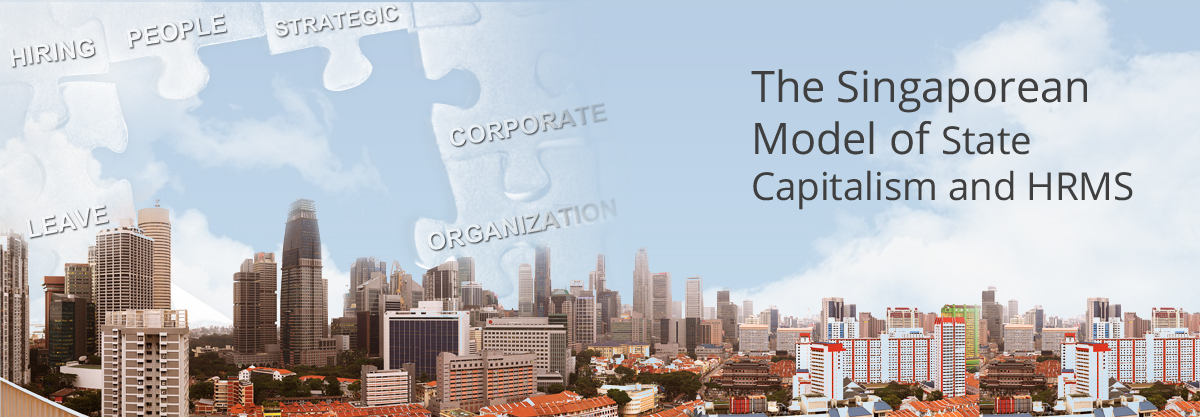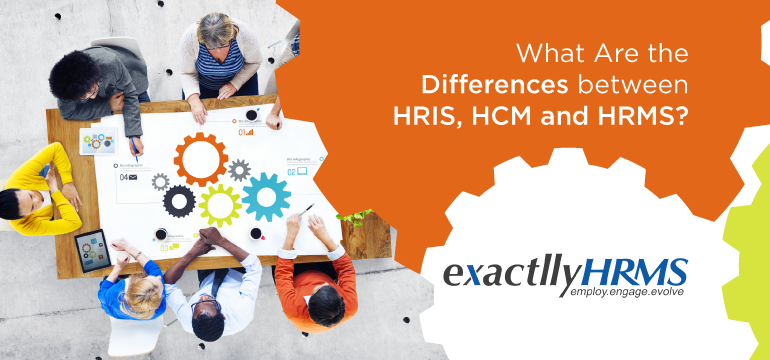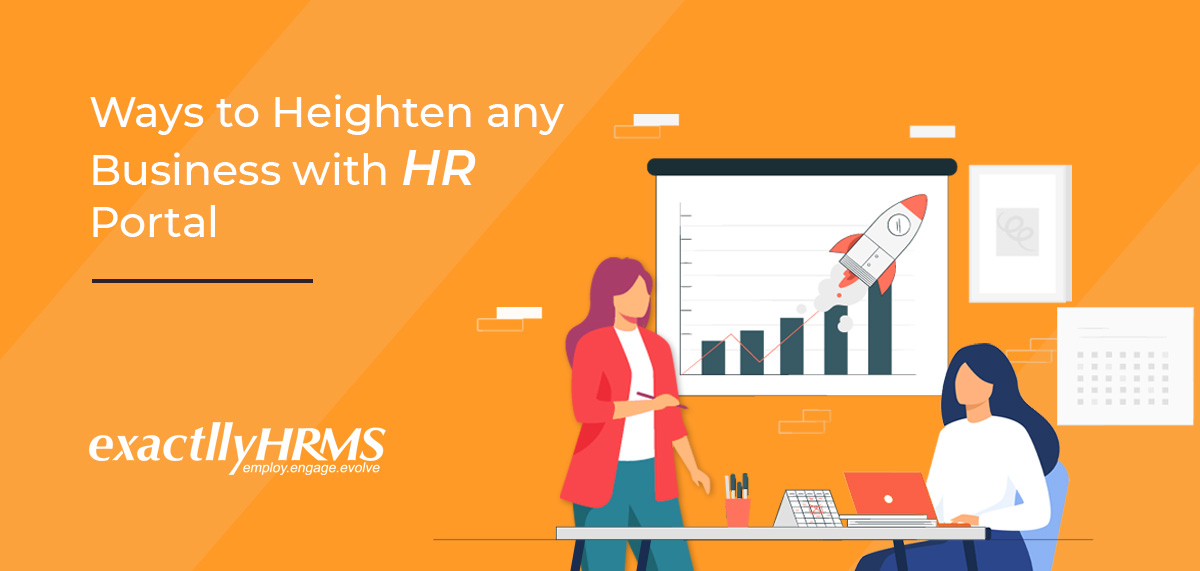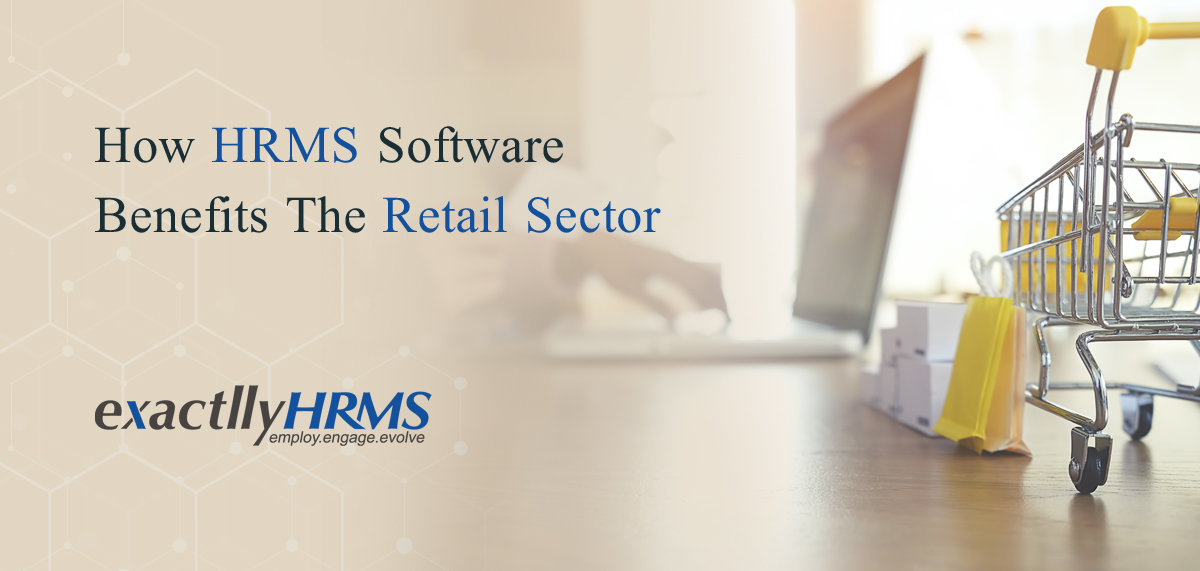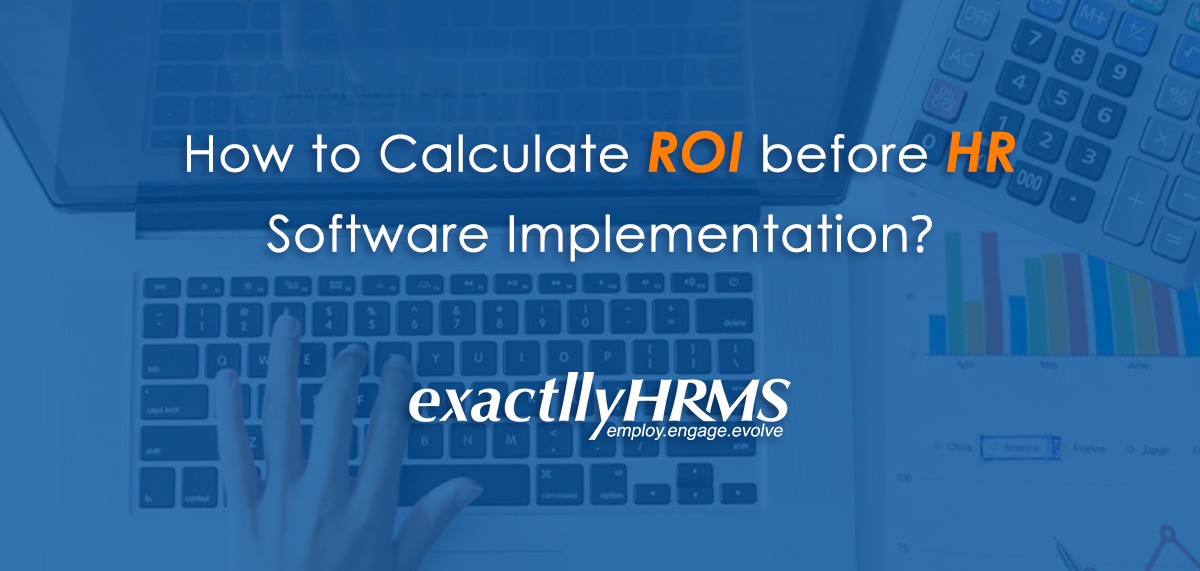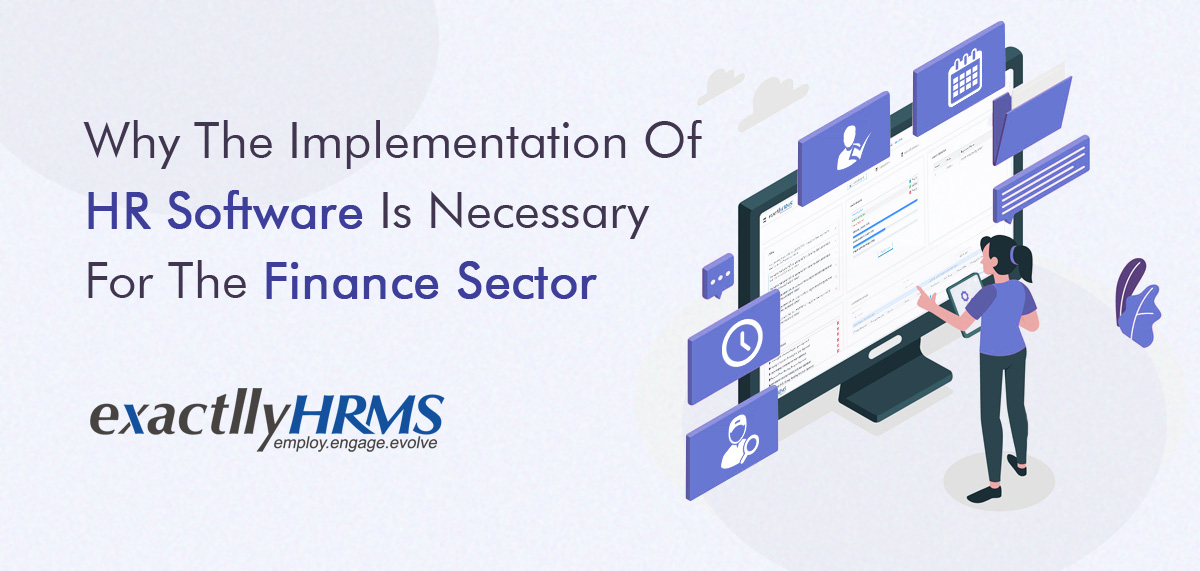How HRMS Can Boost Relationships with Expat Workers

Expat Workers
Companies often neglect the importance of employee relations. The key to a successful organization is to engage in activities that foster positive employee relations and boost existing ones. In order to do so, you may sometimes need the help of an automated software program.
Building relationships with expat workers in Dubai
If you run a business in a place like Dubai or anywhere else in the U.A.E., chances are, your employees come from a very diverse background. Most of the employees in Dubai tend to originate from foreign countries. These expat workers are far away from their homes and sometimes, their managers and supervisors are their only friends or family, in a literal sense.
However, managers, administration and other authority figures often do not understand the importance of this subtle and delicate relationship dynamics with employees. With that in mind, they often forget their employees’ birthdays, vacation times, cultural differences and also, how to pronounce their names. The list could actually be endless. In order to beat these differences and foster better employee relations, you could safely lean against HRMS.
In this article, let us take a look at how an HRMS could possibly help you to boost employee relations.
- Demographic statistics of your employees
As mentioned earlier, Dubai is a melting pot of cultures and civilizations. On one hand we have the Filipinos and South Asians and on the other hand, we have the North American and European workers. And there are differences within the groups as well. An HRMS provides you with nuanced data from which you can interpret demographic differences that underlie your expat workers’ population. Statistics related to your employees can be a powerful way to understand their culture, where they are coming from and what you should really expect from them.
- Culturally important holidays, festivals and customs
As expats come from different countries and cultures, you cannot obviously have holidays for all of them. While you have to respect local UAE traditions and provide holidays when the government requires you to, you can celebrate your employees’ festivals in a small way, during office hours. Make sure that no expat group feels neglected, so that it does not drive animosity or discontent. A happy expat worker will likely stay back in Dubai for a longer time than the one who feels he or she is not respected well.
- Individual differences
It is important to note that there are always individual differences between employees even if they belong to the same country. No two Indians are the same and no two British employees are the same. An HRMS tool provides valuable data based on each individual employee so that you do not end up forming cultural or racial biases. HRMS statistics provide you with valuable data which helps you to understand that in spite of cultural similarities within a particular group, individual employees perform differently under different circumstances. Thus, tracking and evaluating individual expat workers becomes much easier.
- Working styles prevalent among each expat groups
While there are always individual differences, working styles of each expat group tends to be similar. For instance, there is a strict sense of duty and hierarchy among workers from India and Indonesia. Workers from Britain and North America may prefer to work in relative autonomy. When you consider these different working styles, it becomes easier for you to manage your expat employees, using HRMS data.
Final Thoughts
An HRMS tool is not meant for just human resource related functions. It can provide valuable data related to your employees and the way they work. This helps you to understand their psychographics and working styles. In a place like Dubai, which is very cosmopolitan, understanding different expat groups and their working styles is very crucial to maintaining and ameliorating employee relations.

